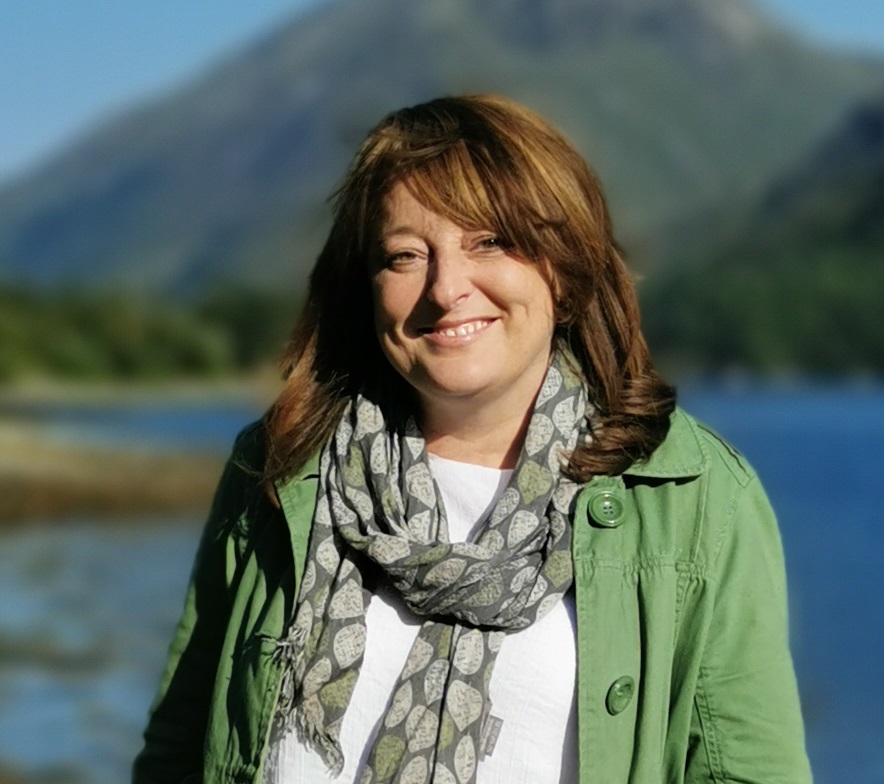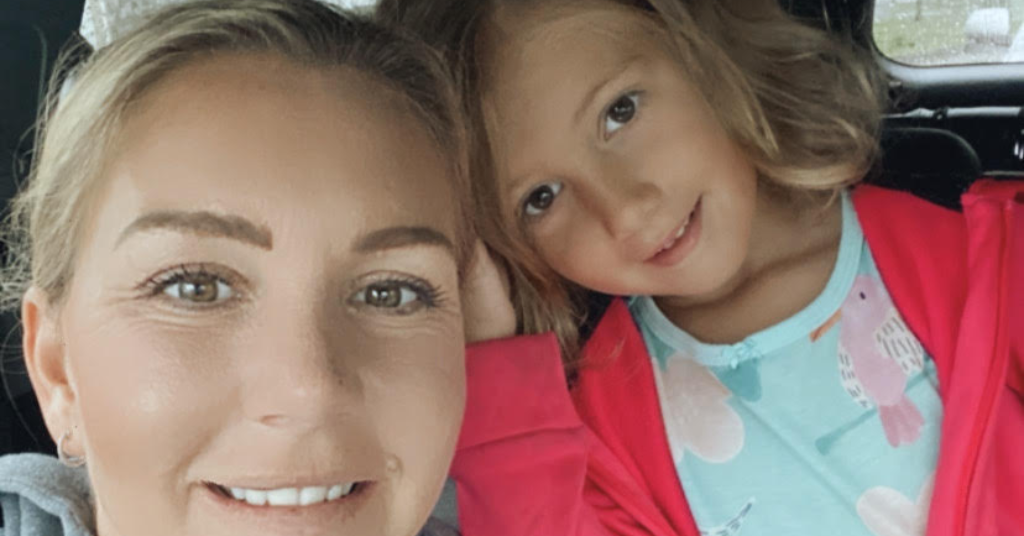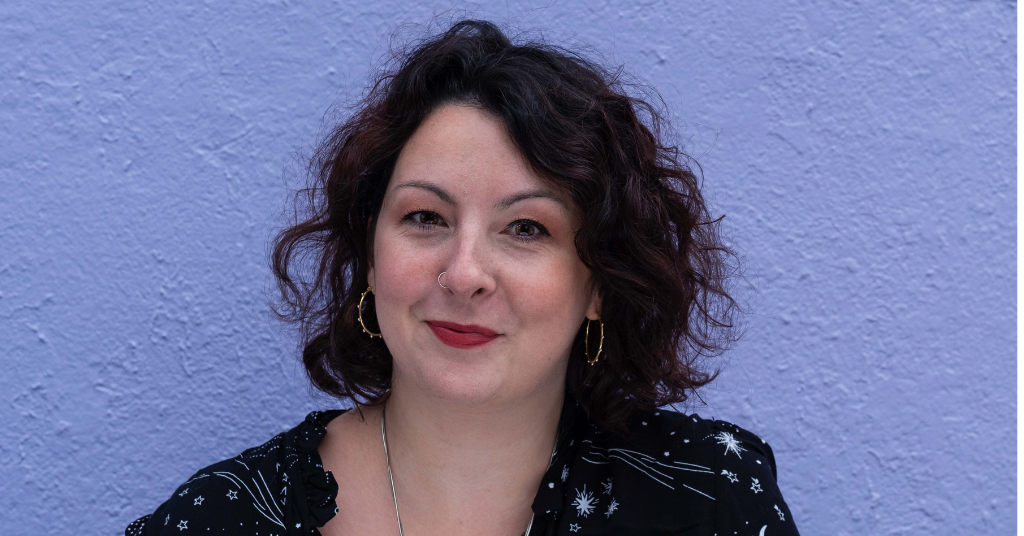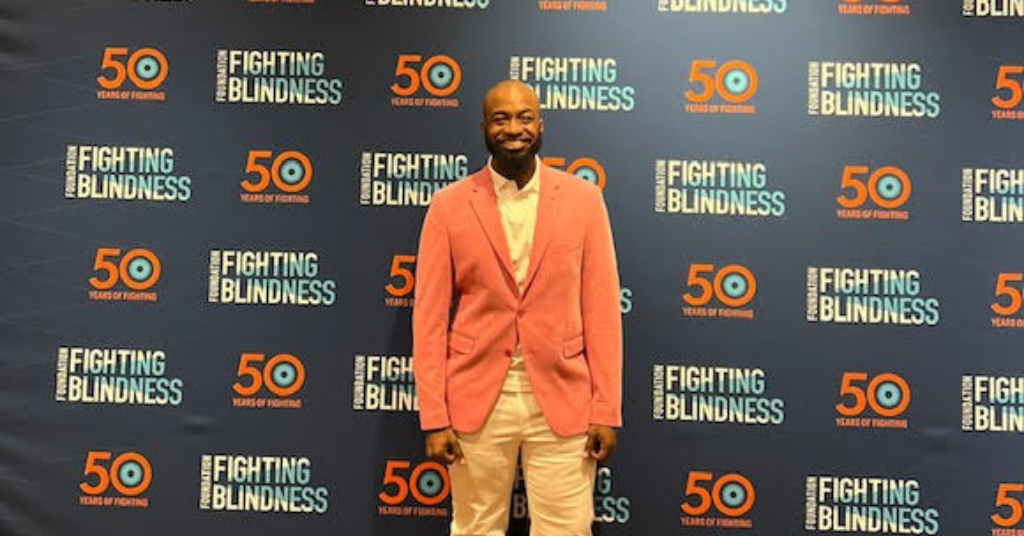
Introducing the first deaf Black character in a video game
April 7, 2021
TikTok, Instagram now have auto captions
April 9, 2021Interview with author Samantha Baines of ‘Harriet Versus the Galaxy’

Award-winning comedian, actor, and Phonak hEARo, Samantha Baines takes readers on an intergalactic adventure in her new book, Harriet Versus the Galaxy. The story follows a girl whose hearing aid is more powerful than she realizes.
Hearing Like Me talked to Baines about the inspiration behind the book and what makes her tick.
Interview with author Samantha Baines of ‘Harriet Versus the Galaxy’
HLM: Hi Samantha. We know you as a Phonak hEARo and Ambassador for the RNID (Royal National Institute for Deaf people) and for fronting their campaign for cinema subtitling. We’re interested to know when you started writing children’s books, and what inspired you to write Harriet Versus the Galaxy?
Samantha: Hello. Yes, I love being an ambassador for RNID, working on their campaigns and raising awareness. I find that outreach work really helped me with my hearing loss diagnosis, which came later in life. I have met so many amazing people and learned so much through working with RNID.
Harriet is my first children’s book or book of any kind! I have always loved writing stories. I have written articles and stand up for years. But writing a book is such a different and rewarding process, so now I am hooked! Once I became ambassador for RNID, I realized that there were so few examples of people with hearing aids/deafness in books, films, and the media. I really wanted to write a story with a deaf protagonist and one whose hearing aid doesn’t hold her back at all. It’s like an awesome superpower.

Samantha Baines by Steve Best
HLM: Your heroine, Harriet, is a hearing aid wearer who discovers that her hearing aid helps her understand aliens from across the universe. If your hearing aid could have an additional magical power, what would it be?
Samatha: Well, of course all hearing aids translate alien languages… didn’t you know?! There are hearing aids that can translate human languages now, via the help of an app, but I think I would like to fly! Perhaps my hearing aid could blast out sound that lifts me off the ground. If it was high-pitched, I wouldn’t be able to hear it either, which would be perfect.
HLM: Did you have a hearing aid from a young age (like Harriet) or not until later in life? What was your experience of getting a hearing aid for the first time? How did it make you feel?
Samatha: I got my hearing aid later in life, [at] age 30 and to be honest, it was a complete shock. I had ignored all the signs that I wasn’t hearing sounds my family and friends were and always blamed it on other things, like actors mumbling in films or music being too loud in a restaurant. I used to get very anxious in loud social situations and I never knew why. Now I realize I have been lipreading and struggling to hear for years. I also have two types of tinnitus, which I had never put a name to before.
“I got my hearing aid later in life, [at] age 30 and to be honest, it was a complete shock.”
I had a hearing test as part of a GP referral for what I thought was water in my ear from swimming, which revealed my hearing loss and that it was particularly bad on one side. I have single-sided hearing loss (like Harriet in the book) and have always fallen over a lot but had never linked my balance to my hearing ability. Now, with my hearing aid, I don’t fall over at all, well… much less anyway.
Getting a hearing aid felt like a very lonely process initially. I felt “other,” different, like there was no one else my age who was going through the same thing. I remember all of the leaflets I was given to read, which had people with grey hair on the front. I thought I was getting old before my time. It was researching online and finding RNID that really opened my eyes to the community. I had to overcome my own stigma of hearing aids and deafness. Now I absolutely love my Phonak hearing aid. I am learning BSL too.
HLM: What has the feedback to the book been from children who use hearing aids? Do they identify with Harriet?
Samatha: The most amazing and rewarding thing about writing book is the feedback from children (and adults) with hearing aids or cochlear implants. I have amazing messages from children who see themselves in Harriet and had never previously read a book with a [deaf] character before. They proudly tell me all about their hearing aids and compare them to Harriet’s. Of course, Harriet only represents one part of the deaf community. I hope she will pave the way for more deaf authors to write about their own experiences. I love getting pictures of children dressing up as Harriet for World Book Day and showing off their hearing aids. I have also had lovely messages from adults, saying that they wish they had the book when they were younger and how much it means to them that there is representation starting in the publishing world.
“…children who see themselves in Harriet and had never previously read a book with a [deaf] character before.”
It has also been brilliant to see whole classes reading the book, including children without hearing aids or deafness, and then having conversations with their deaf classmates and hopefully facilitating greater understanding.
Read more: Meet the 9-year-old who published a book about hearing loss
HLM: If a hearing child reads Harriet Versus the Galaxy, what will they learn about living with hearing loss or using a hearing aid?
Samatha: They will learn that hearing aids are not something to be afraid of and are very cool little machines. There are moments in the book when Harriet can’t hear what her Gran is calling to her from another room. She has to try and guess what she couldn’t hear, like filling in a crossword puzzle. Harriet also explains that hearing aids don’t like water. Neither does she; she likes orange squash. The book also dips into some horrible things that people have said to Harriet at school and how she can struggle to hear the teachers in lessons. So mixed in with the adventure and silly jokes, there are some real learning points about life with hearing aids too.
HLM: You’re quite open about your hearing loss. Has it always been this way and if not, what prompted you to “go public?”
Samatha: I think as a comedian, I have always been very open about what I am going through and talking publicly. Making people laugh while getting a message across is the way I work things through in my mind. I guess that “going public” wasn’t really a decision, as I was just sharing what was going on with me at the time. I have anxiety, which I am also very open about. I have just been through a divorce and host a podcast called The Divorce Club, so talking has always been a therapy for me.
HLM: As well as being a published author, you’re also an actress with roles in The Crown, Call the Midwife, Silent Witness, and Magic Mike Live (directed by Channing Tatum). Do you ever worry that being a hearing aid user will have a negative impact when you audition for roles? And are you able to use your aid when acting in period dramas?
Samatha: One of my big worries when I got my hearing aid was “Can I still be an actor?” Acting is what I trained to do and is my first love. I was so worried that would have to change. I can wear my hearing aid in period dramas, as long as everyone is aware they can style my hair differently. If I was in the water so I couldn’t wear it, we’d come up with some visual system for my cues. I hadn’t realized how accommodating people would be on set. I was scared to tell people on acting jobs for a long time as I thought I would be a nuisance. It doesn’t seem to have put anyone off hiring me so far, which is great and as it should be!
HLM: You’re an accomplished author, poet, comedian, actress, broadcaster, and journalist. Was there ever a point when you thought your hearing loss might get in the way of any of these? Have there been any particular issues or misconceptions you’ve had to overcome?
Samatha: Yes, I was worried hearing loss would ruin my career, but it has made it better. I have had to take a step back from performing at live comedy gigs as I find the noisy environment overwhelming. Even with my hearing aid, it is a real struggle to hear. However, I have felt anxious in loud environments for so long that it is so nice to have a reason why, not just Sam being strange. I had always wanted to write books and my hearing loss propelled me to do that, both because I can do it in lovely quiet environments, and I felt there was a need for deaf protagonists in literature. My work with RNID had led me to write articles on hearing loss and try new things like appearing in the cinema as myself instead of a character for the subtitles campaign. The acting industry has been so welcoming. I now notice how many performers have hearing loss or hearing aids just like me. Yes, sometimes there are extra explanations I have to give and sometimes people get a little irate when I say that all my filmed talks have to be subtitled. But I am much better at being more confident with my deafness now.
“I was worried hearing loss would ruin my career, but it has made it better.”
There are still confusing things, like do I call it my hearing loss, hard of hearing, deafness? Lots of people have different opinions on all of these. But I think go with what works for you. I have hearing loss, I wear a hearing aid, and I am part of the deaf community – and right now that terminology works for me.
Follow Samantha on Twitter or Instagram.
Look out for our Harriet Versus the Galaxy giveaway coming soon on HearingLikeMe’s Twitter and Instagram accounts!




